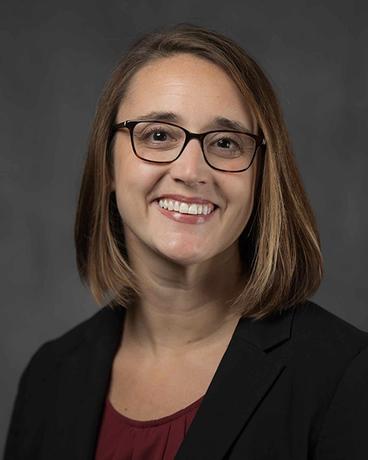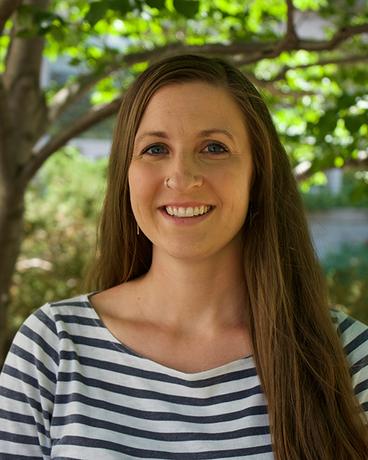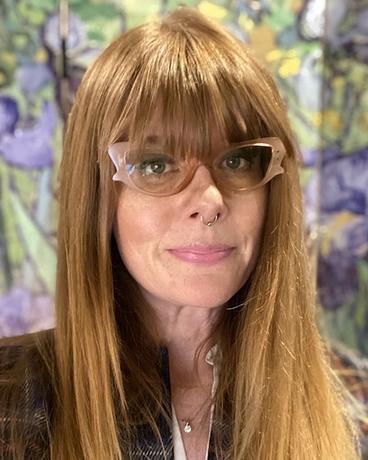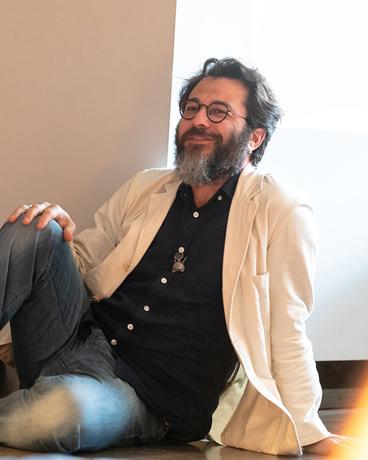Join the Collaborative
When you contact Just Education, you will reach the founders of the collaboration. This ensures you will gain access to direct resources and helpful information that will help you reverse the ripple effect of mass incarceration. Contact us at [email protected]
Just Education Leadership

Rebecca Shlafer, PhD, MPH
Rebecca Shlafer, PhD, MPH, is an Assistant Professor in the Division of General Pediatrics and Adolescent Health in the Department of Pediatrics at the University of Minnesota’s Medical School. Dr. Shlafer completed her bachelors and masters degrees in Human Development and Family Studies at the University of Wisconsin - Madison, and her PhD in Developmental Child Psychology at the Institute of Child Development at the University of Minnesota.
Dr. Shlafer's research, teaching and service activities are at the intersection of mass incarceration and public health. Her primary research interests relate to the way incarceration impacts the health of incarcerated people and their families. Dr. Shlafer teaches a number of interdisciplinary courses related to this intersection, including Mass Incarceration and Public Health, Incarceration and the Family, and Just Education: The Role of Higher Education in Disrupting Mass Incarceration (co-taught with Professor Moriearty).

Kayla Lyftogt
Kayla Lyftogt is a third-year Higher Education PhD student in the Department of Organizational Leadership, Policy, and Development at the University of Minnesota. From 2011-2018 she was the Director of Community Engagement at Coe College in Cedar Rapids, IA. There, she focused on building sustainable community partnerships and assisted faculty across disciplines to develop community-engaged learning courses. More recently, Kayla was the Community-Engaged Learning Coordinator in the Center for Community-Engaged Learning at the University of Minnesota where she assisted in service-learning course development.
Her research interests include the scholarship of engagement and the ethics and ethical review of participatory research methods.

Ingrid Nuttall
Ingrid Nuttall is the Director of the Office of the Registrar at the University of Minnesota and a current Master’s of Public Affairs student at the University of Minnesota’s Humphrey School. She also holds a Master’s in Mass Communication from the University's School of Journalism and Mass Communication

Boris Oicherman
I am an artist, a museum curator and an engineer - but I've always had a hard time answering the "what kind" questions about what I do. What's your field of engineering? (Color Science..?) What art medium? (Conditional art..?) What kind of curating? (Curator for Collaboration..?) Answering a "simple" question with a conversation seemed the only way. It took me some years to realize that what I'm having hard time with is the very idea of a "kind of": disciplines, media, professions, the ways we break down and demarcate our practices, cultures and ways of knowing to make them manageable, controllable, digestible - invariably at the expense of the inclusive, shared, emergent. I have also had a hunch that, of all Western professions, artists are the only ones who can attach their work to any other practice, truly absorb themselves into any other discipline. The reverse is also true: today, any practice can become art. So, I thought, this incredible freedom of artists can catalyze connections between disciplines, and perhaps - one day - do away with disciplines altogether.
But freedoms always come with responsibilities. Artist Robert Irwin pointed out, some 50 years ago, "One interesting thing about being an artist now is that everything is a possibility. Which means you start out of the state of total chaos, and you have to assume the responsibility for every single thing you do or do not do." I am lucky as hell having a full-time job supporting artists who do this work.
Perry Morierarty, J.D.
Professor Perry Moriearty specializes in juvenile justice, criminal justice and race and the law. She teaches criminal law, juvenile justice and co-directs the Child Advocacy & Juvenile Justice Clinic. Professor Moriearty is a national expert on juvenile sentencing and policy, and her research and scholarship have been cited in numerous publications and legal decisions. She is also a co-author with Professor Barry Feld of a leading juvenile justice casebook.
Daniel McCarthy Clifford
My art is about American institutions.
I make work that traffics in the politics, histories, and material realities of disciplinary structures: using schools and prisons as entry points into broader conversations about social control, race, class, and sexuality.